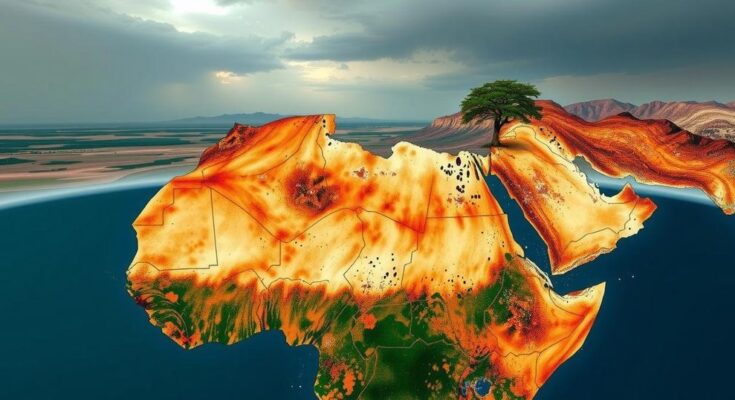The report outlines the significant losses and damages caused by climate-change-related weather events in the Sahel and Greater Horn of Africa, with a crucial focus on impacts on agriculture and livestock, revealing the urgent need for targeted interventions and support for affected communities.
The report titled “Bearing the Burden: Climate Change-Attributable Losses and Damages in the Sahel and Greater Horn of Africa” presents comprehensive data on the impacts of climate change in these regions. It emphasizes the significant losses and damages, particularly focusing on the agriculture and livestock sectors, which are highly vulnerable to climate-induced weather events. This analysis aims to inform stakeholders and policymakers about the critical challenges faced by communities due to climate-related issues and encourages action to mitigate these impacts.
The Sahel and Greater Horn of Africa are regions experiencing severe climate change consequences, affecting agriculture and livestock—key components of the local economy. The increasing frequency of extreme weather events poses substantial risks to food security and livelihoods, necessitating urgent attention and strategic responses. The Supporting Pastoralism and Agriculture in Recurrent and Protracted Crises (Sparc) program has focused its efforts on analyzing climate-attributable losses and damages to foster a sustainable approach to managing these crises.
In summary, the report underscores the urgent need for interventions to address the climate-impact challenges faced by agriculture and livestock in the Sahel and Greater Horn of Africa. The insights garnered from this data call for collaborative actions among policymakers, NGOs, and local communities to effectively tackle the adverse effects of climate change on vulnerable populations in these regions.
Original Source: www.polity.org.za




